
Gold coins from the time of Justinian the Great found in northern Bulgaria
Five gold coins dating from the reign of Justinian the Great (483-565) have been found in Debnevo, the largest village in the Troy Municipality in northern Bulgaria.
Justinian I, who ruled the Byzantine Empire from is an important historical figure known for his large-scale reforms and territorial expansion during his reign. Also known as “Justinian the Great”, he is considered one of the figures who ushered in the golden age of Byzantium.
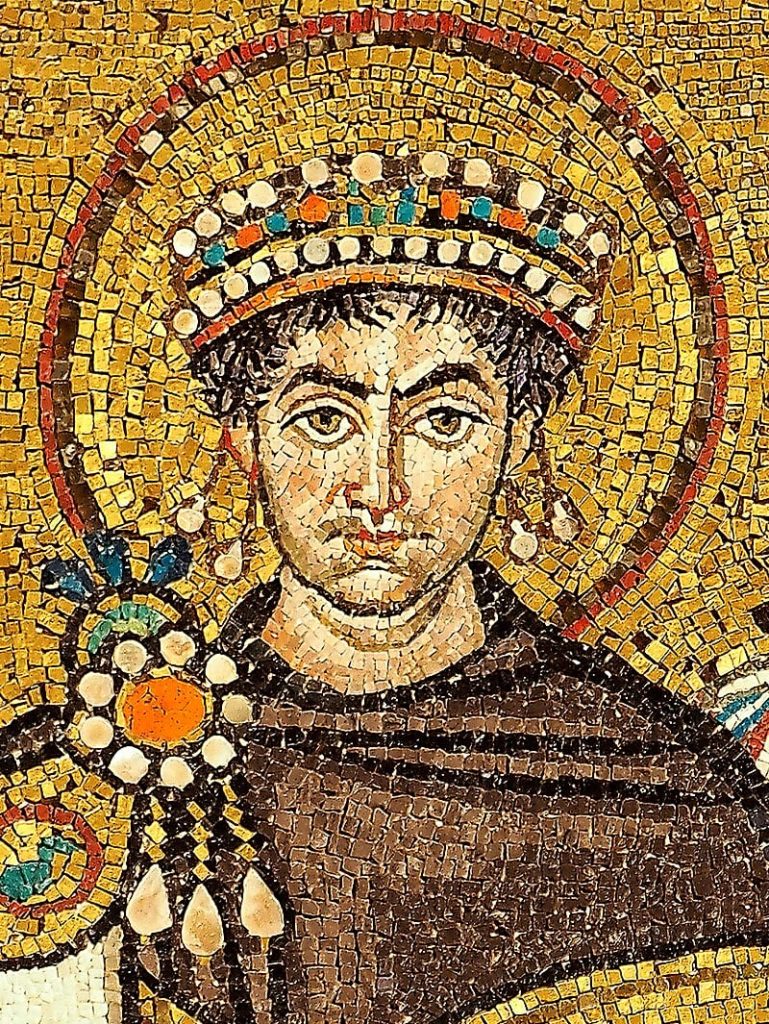
The discovery was announced on August 27 by Associate Professor Stiliyan Ivanov of the National Institute of History, which has a museum at the Bulgarian Academy of Sciences, who led the archaeological expedition to explore the “Kaleto” fortress above the village.
Archaeologists exploring the Kaleto fortress above the village found coins scattered on the floor of a burnt dwelling dating back to the reign of Bulgarian kings Simeon and Peter, Arkeonews reported.
“During this year, the most interesting archaeological case is an early medieval dwelling that burned down. In other cases, similar dwellings are found without the remains of the internal structure, while here we have the rare opportunity to see the wooden cladding of the dwelling, which, although charred, is clearly recognizable. It must relate somewhere to the 10th century, the period of the rule of the Bulgarian kings Simeon and Peter,” he said.
The owners left all the inventory in the dwelling – two iron sickles, iron tools, a belt buckle, three bronze rings, ceramic pots of various sizes that could be judged to be agricultural, he added.
“The most interesting find from the apartment is the discovery of five gold coins scattered on the floor. Two of them were badly damaged in the fire. The interesting thing about the coins is that they are much older than the early medieval dwelling in which they were found. They date from the 6th century, from the time of Emperor Justinian I. They were most likely discovered by those who built the dwelling and those who later guarded them,” Ivanov said.
Although not in circulation, these coins were valuable enough because they were made of gold – a highly valued material even in the Middle Ages,” Ivanov said.
According to Ivanov, some of the fortress walls are well preserved, while others have suffered because the material from them was used to build a nearby settlement. Traces of a large Thracian settlement from the 4th-3rd centuries BC, three settlement phases from Late Antiquity (4th-6th centuries), the First Bulgarian Kingdom, the Second Bulgarian Kingdom and a necropolis from the Ottoman period have been found, he said.
You may also like
- A 1700-year-old statue of Pan unearthed during the excavations at Polyeuktos in İstanbul
- The granary was found in the ancient city of Sebaste, founded by the first Roman emperor Augustus
- Donalar Kale Kapı Rock Tomb or Donalar Rock Tomb
- Theater emerges as works continue in ancient city of Perinthos
- Urartian King Argishti’s bronze shield revealed the name of an unknown country
- The religious center of Lycia, the ancient city of Letoon
- Who were the Luwians?
- A new study brings a fresh perspective on the Anatolian origin of the Indo-European languages
- Perhaps the oldest thermal treatment center in the world, which has been in continuous use for 2000 years -Basilica Therma Roman Bath or King’s Daughter-
- The largest synagogue of the ancient world, located in the ancient city of Sardis, is being restored

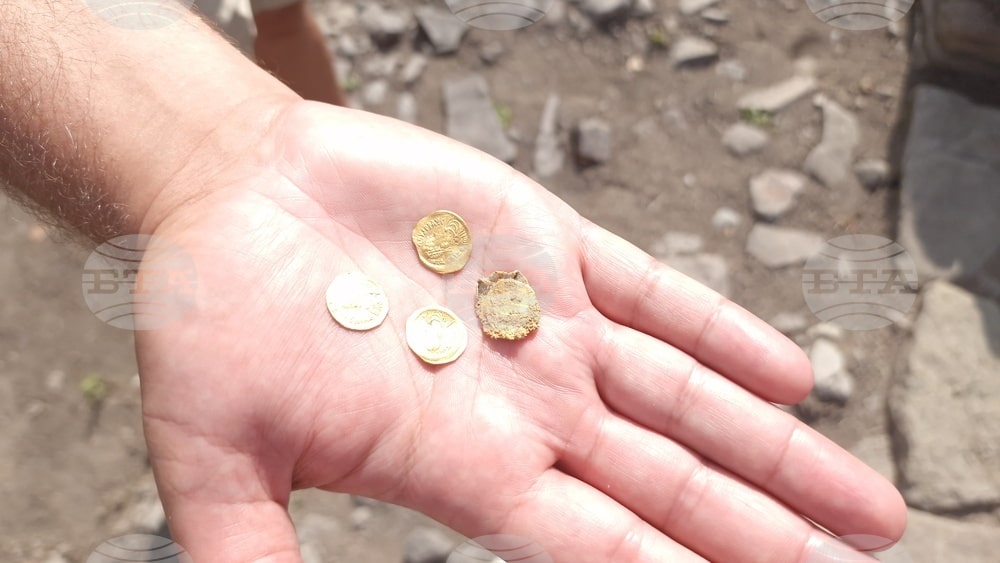
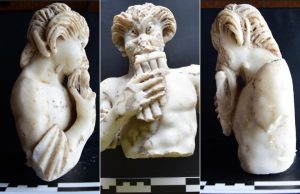
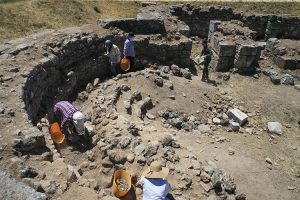
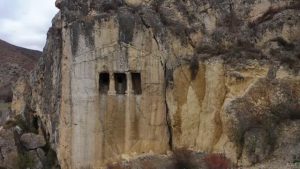
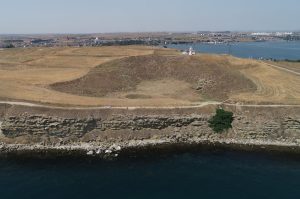
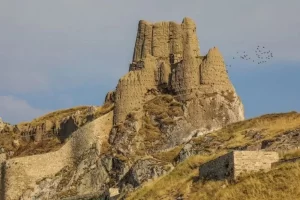



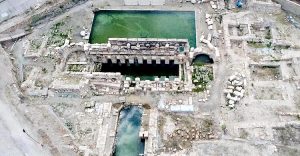
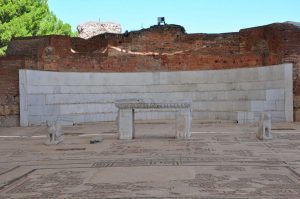
Leave a Reply